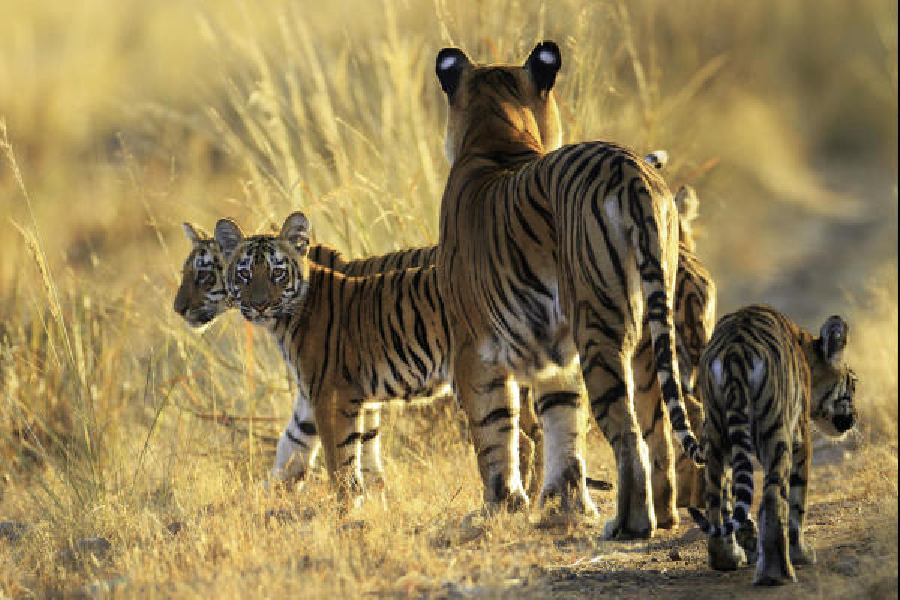Nepal has officially joined the India-led International Big Cat Alliance, a global initiative that is aimed at protecting seven species of big cats — tiger, lion, leopard, snow leopard, cheetah, jaguar and puma. Established through the National Tiger Conservation Authority in 2023, the IBCA sent out membership invitations to 96 tiger range countries; however, till now, only 13 countries have signed up for the coalition. Historically, in South Asia, unimpeded movement of tigers among contiguous forests that transcended modern borders established a rich genetic pool and was instrumental in the survival of the species. But over time, their movement became increasingly restricted owing to several challenges, including habitat fragmentation and massive deforestation. So a transnational alliance to look into the various aspects of tiger conservation through international collaboration is a good idea. Nepal, which has succeeded in tripling its tiger population, can not only share the lessons from the success of its tiger conservation template with the bloc but also manage and secure tiger pathways along with India, with which it shares a border. The Terai Arc, Manas, and Sundarbans are critical transboundary corridors that connect tiger habitats across international borders. With Nepal and Bhutan now part of the IBCA, the onus is now on Bangladesh — it has been witnessing a decline in tiger numbers — and Myanmar — logging, mining, encroachment have cornered tigers in this country — to join ranks and conserve this big cat.
There is another crucial aspect to a transnational coalition to save the tiger. The illegal trade in tiger parts is also transnational in character. The Convention on International Trade in Endangered Species of Wild Fauna and Flora identified China as the single largest market driving the demand for tiger body parts and the interconnected — porous — borders of Asian nations presumably help sustain the trade routes. Poaching is a formidable element in this evil web. India, which boasts of the biggest tiger population in the world, lost over 168 tigers in 2023, out of which more than a dozen were lost due to poaching. To counter such a shadowy, sophisticated and enduring criminal enterprise, the IBCA must find a way around its teething troubles. These include funding issues, gaps in surveillance, cross-border cooperation and uneven conservation capacities among member nations. If the IBCA were to succeed in conserving the tiger, it could encourage more nations to join the alliance and save other, equally vulnerable, big cats.











